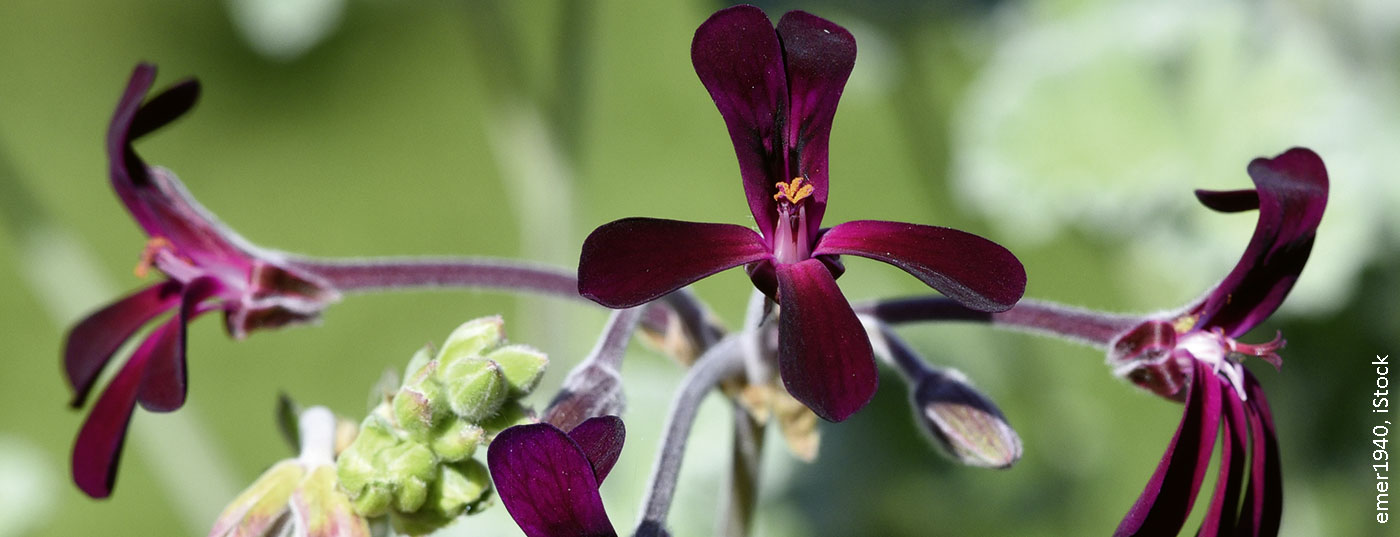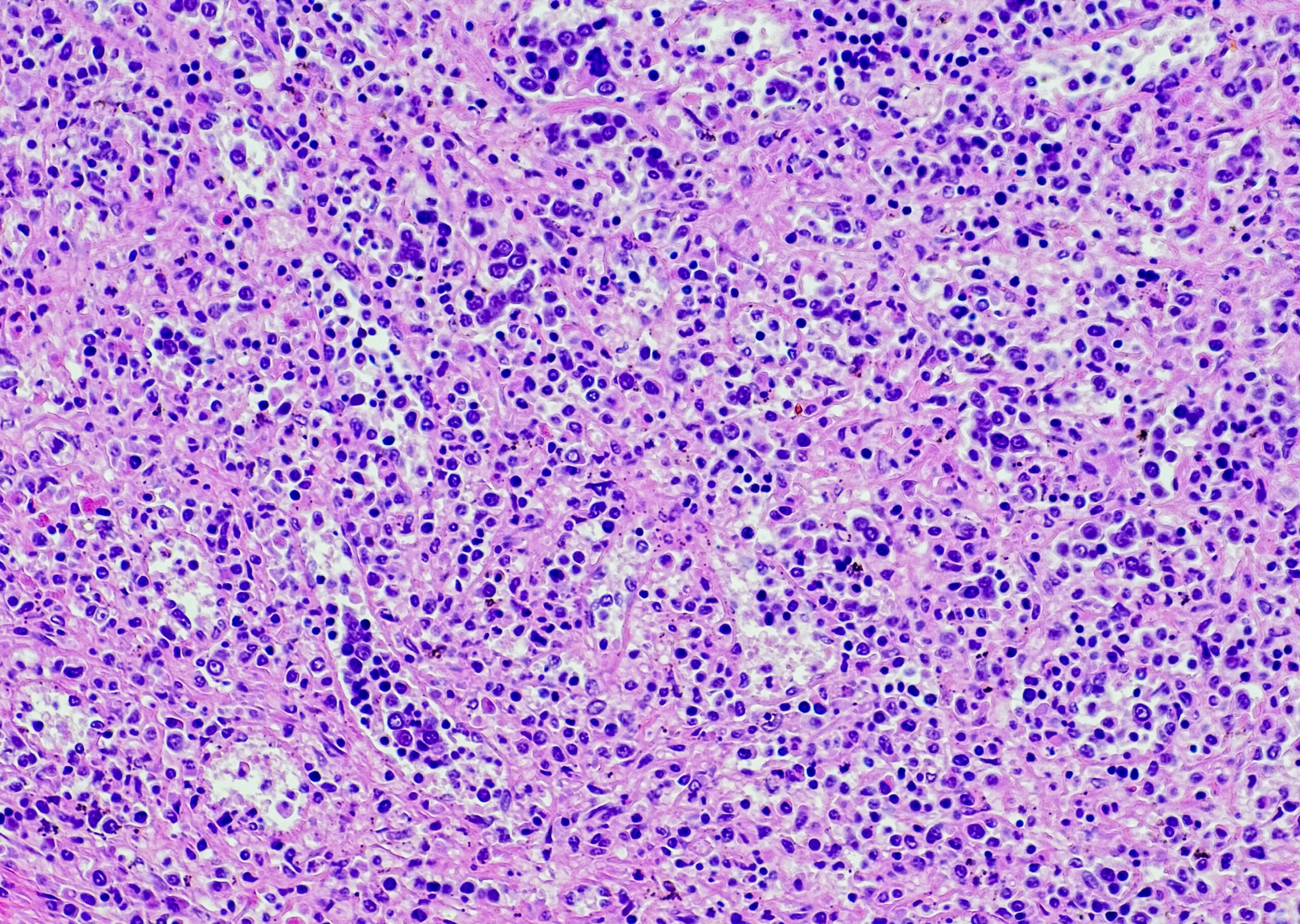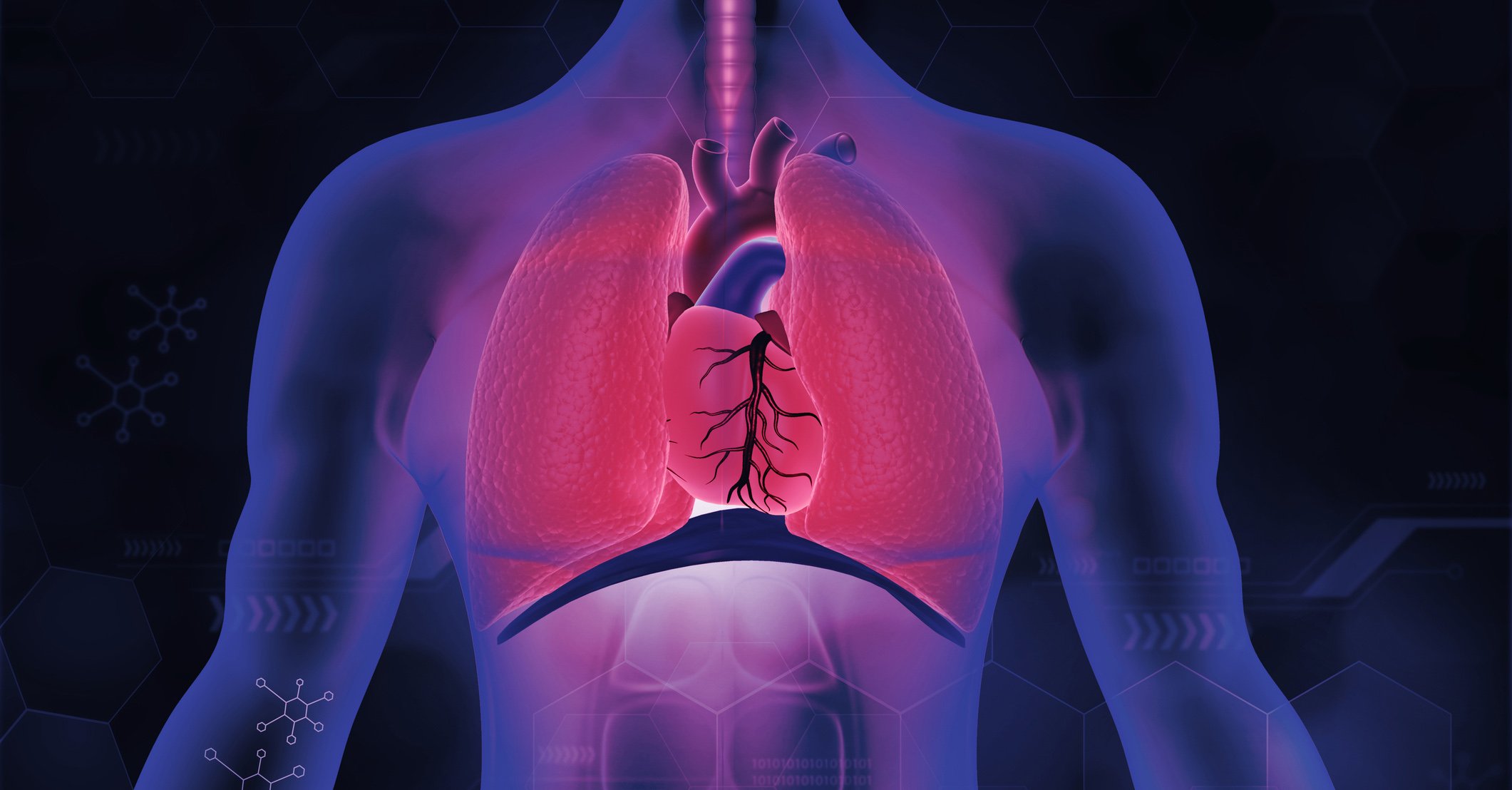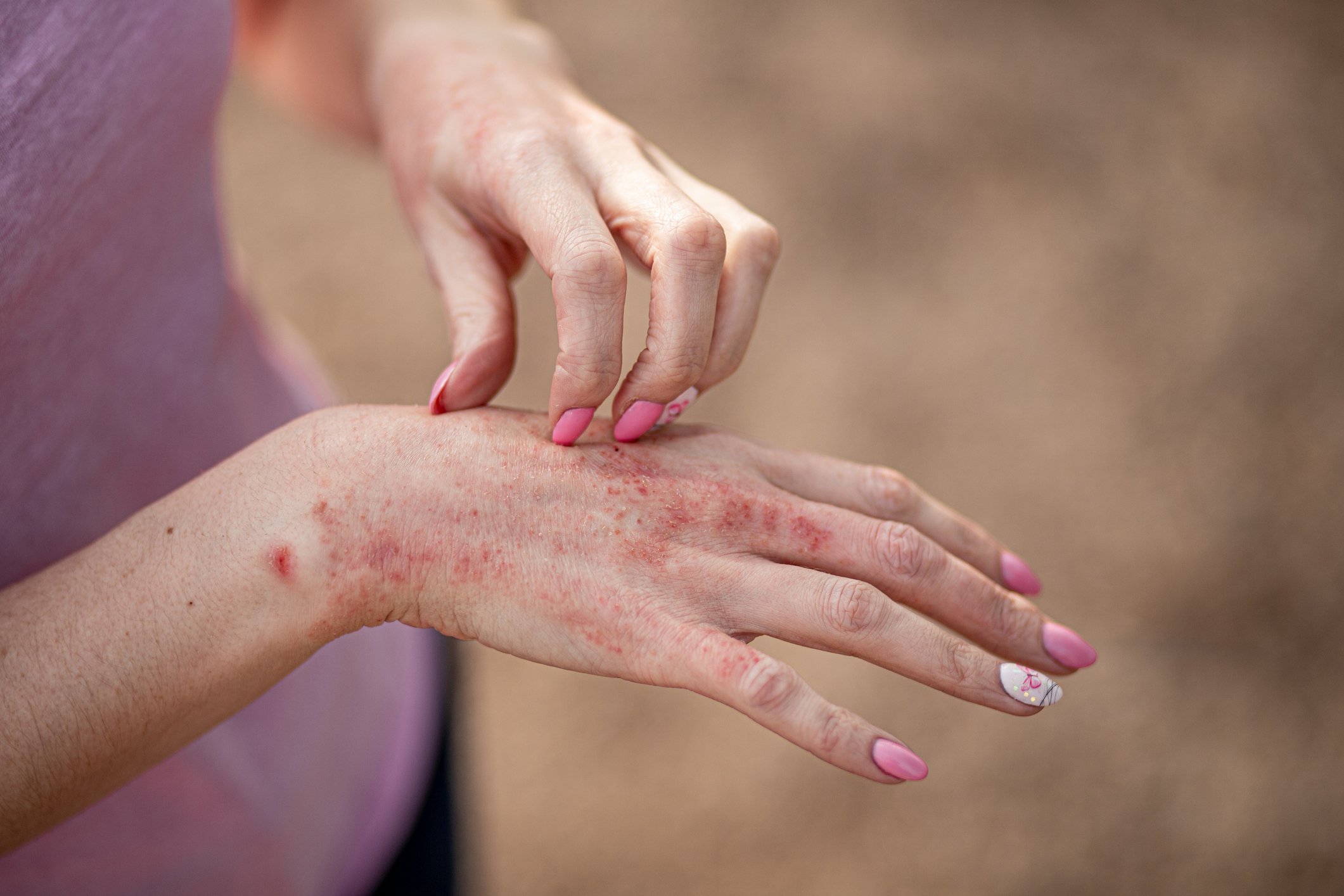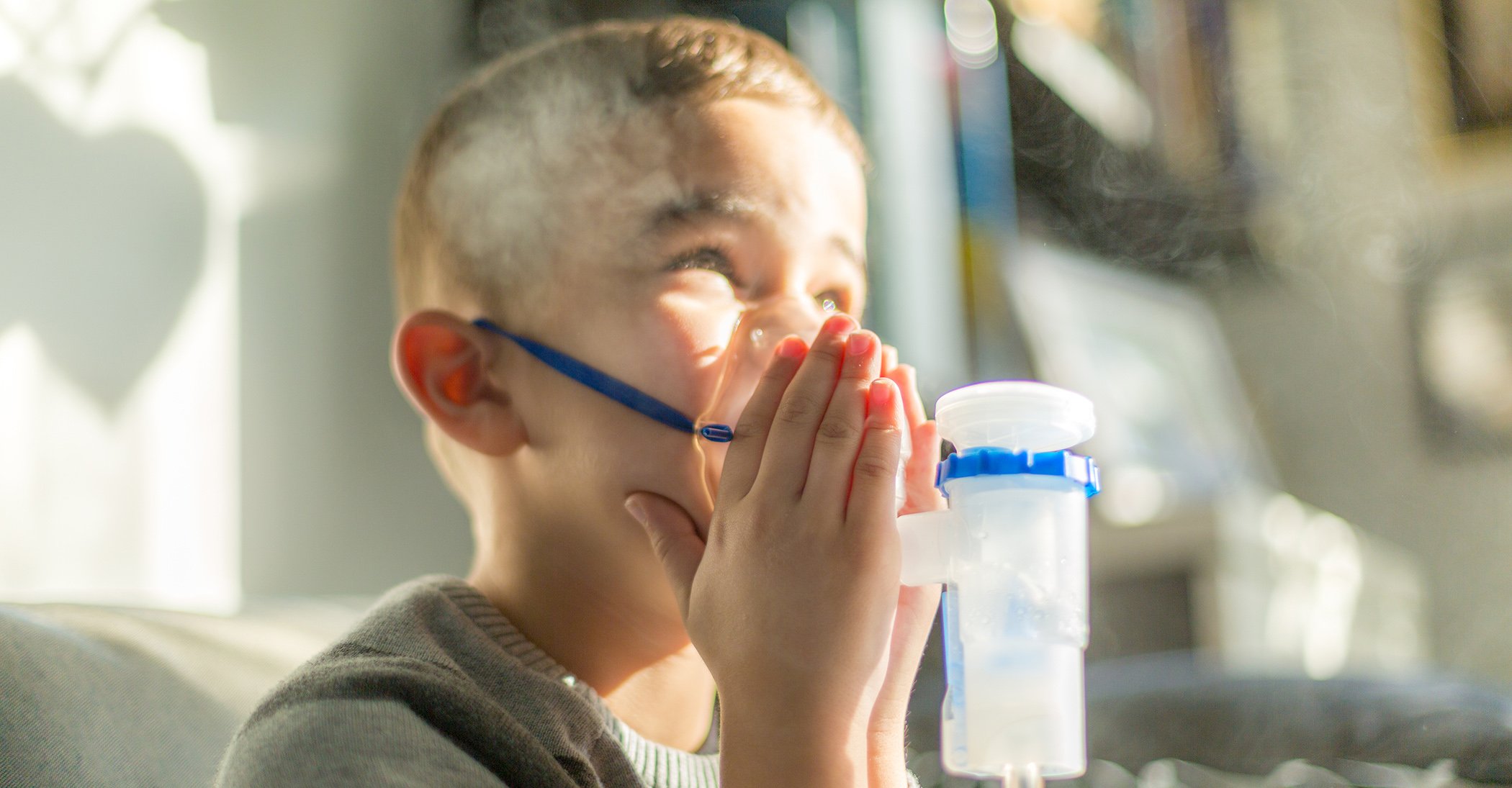Currently available treatment options against Covid-19 are very limited and research for effective drugs is feverish. An international team of scientists recently published results of a preclinical in vitro study indicating that a Pelargonium sidoides-based extract inhibits the entry of SARS-CoV-2 into human lung cells, thereby inhibiting viral growth.
There is a need for drugs that reduce both the viral load and the inflammatory responses induced by SARS-CoV-2. The standardized Pelargonium sidoides extract EPs® 7630 (Kaloba®) has demonstrated antiviral and immunomodulatory properties in clinical and preclinical studies in common respiratory infections [1,2,6]. Kaloba® is approved for the treatment of acute bronchitis in Switzerland and other countries, and for rhinosinusitis the use of EPs® 7630 is recommended in a European position paper (EPOS, European Position Paper on Rhinosinusitis and Nasal Polyps 2020 [3]) [3,4]. To find out more details about the possible effect of Pelargonium sidoides extract on the new coronavirus, the influence of EPs® 7630 on the entry of SARS-CoV-2 into the cells, as well as on virus growth was investigated [5]. Another outcome parameter was the effect on the expression of covid-19-associated proinflammatory cytokines, chemokines, and growth factors. For this purpose, human lung cells of the cell line Calu-3 as well as Vero cells from monkeys were infected with SARS-CoV, MERS-CoV, SARS-CoV-2 as well as an alpha and beta variant of SARS-CoV-2 and subsequently treated with the extract EPs® 7630 as well as different fractions at different concentrations (10 and 100 µg/ml). The phytochemical fractions of EPs® 7630 obtained by ultrafiltration contained either prodelphinidin in various oligomer sizes or low molecular weight ingredients such as benzopyranones and purine derivatives.
Proven inhibition of virus growth
Calu-3 and IFN (interferon)-deficient Vero cells (VeroFM) infected with the different coronaviruses and SARS-CoV-2 variants showed significant growth inhibition of all coronaviruses by up to >99% after 48 hours at a concentration of 100 μg/ml EPs® 7630 [5]. In the case of SARS-CoV-2, significant growth inhibition was observed as early as 10 μg/ml in both cell lines. For the remaining virus variants, significant inhibition was observed only at the EPs® 7630 concentration of 100 µg/ml. The IC50 value was outside the cytotoxic range in both cell lines and was 0.48 μg/ml for inhibition of SARS-CoV-2 in VeroFM cells and 1.61 μg/ml in Calu-3 cells.
Cell entry could be slowed down
Coronavirus attaches to the cell’s major receptor ACE2 through copies of the spike protein and can be introduced into the cell either by endocytosis or by transmembrane serine protease 2 (TMPRSS2)-mediated fusion of the viral envelope with the cellular membrane. To analyze which mechanism is affected by EPs® 7630, TMPRSS2-negative Vero and TMPRSS2-positive Calu-3 cells were infected with SARS-CoV-2 spike protein-bearing pseudoparticles [5]. EPs® 7630 was found to inhibit cell entry of SARS-CoV-2 in Calu-3 cells with higher efficacy (59%) than in Vero cells (17%), indicating that Pelargonium sidoides extract affects both endosomal and plasma membrane fusion-mediated processes. A study of the extract fractions showed significant inhibition of entry at high concentrations of 100 μg/ml for all fractions. Those with medium to higher molecular weight (3 to >30 kDA) completely inhibited virus growth, while low molecular weight fractions (<1 to 3 kDa) achieved maximum inhibition of approximately 90% at 10 and 66 µg/ml, respectively. In summary, this suggests differential activity of the fractions, with prodelphinidin in small oligomer size and low molecular weight components proving most efficient in inhibiting cell entry of SARS-CoV-2 at concentrations as low as 10 μg/ml.
Regarding immunomodulation, there was a significant reduction in gene expression of proinflammatory interleukin 1B (IL-1B) and a strong upregulation of the anti-inflammatory TNFAIP-3 gene in infected Calu-3 cells treated with EPs® 7630. All other genes showed a limited but not significant decrease in gene activation.
Summary
The authors suggest that the effects shown may be useful in combating coronavirus infections and preventing covid-19 associated inflammation and immune dysregulation (cytokine storm) [5]. The present studies suggest that EPs® 7630 inhibits the entry of SARS-CoV-2 into host cells and thus impedes virus growth. These effects could lead to a restriction of SARS-CoV-2-induced upregulation of immune genes, with the low molecular weight fractions showing an immunogenic effect comparable to EPs® 7630 with little effect on cell entry. Fractions containing prodelphinidins with a low degree of oligomerization and low molecular weight compounds were the most efficient in inhibiting SARS-CoV-2 entry, as early as 10 μg/ml. These had comparable effects on immune system regulation as EPs® 7630.
Since so far only results from in vitro studies are available and clinical study findings are lacking, no conclusions can be drawn as to whether the intake of EPs® 7630 has a prophylactic or therapeutic efficacy against the new coronavirus in humans.
Literature:
- Michaelis M, et al: Phytomedicine 2011; 18(5): 384-386.
- Matthys H, et al: Respir Med 2013; 107(5): 691-701.
- Fokkens WJ, et al: Rhinology 2020; 58(Suppl S29): 1-464.
- Orlandi RR, et al: Int Forum Allergy Rhinol 2016; 6(1): S22-S209.
- Papies J, et al: Front Pharmacol 2021; 12: 757666.
- Drug information: Kaloba®, www.swissmedicinfo.ch (last accessed Nov. 10, 2021)
HAUSARZT PRAXIS 2021; 16(11): 27 (published 11/14-21, ahead of print).
InFo NEUROLOGY & PSYCHIATRY 2022; 20(1): 35.


